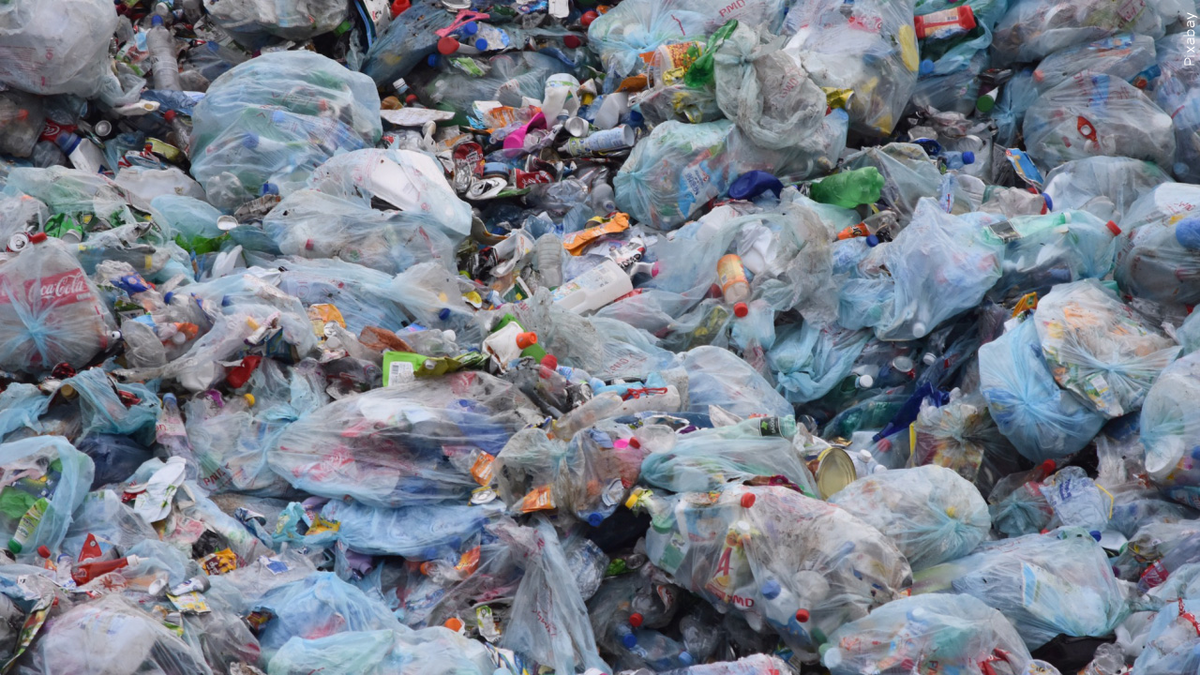CU Boulder chemists develop new ways to dissolve and recycle plastic

BOULDER, Colo. (KRDO)-- Chemists at CU Boulder have developed a new way to recycle a common type of plastic found in soda bottles and other packaging.
The study tackles the ongoing issues surrounding surmounting plastic trash around the world.
The team’s method relied on electricity and chemical reactions that caused the plastic to break apart.
According to CU Boulder, the group focused on a type of plastic called polyethylene terephthalate, or PET, which can be found in everyday consumer products such as water bottles, blister packs, and even some polyester fabrics.
In their experiments, researchers mixed bits of plastic with a special kind of molecule and applied a small electrical voltage.
CU Boulder officials stated within minutes, the PET began to disintegrate.
Luca, an assistant professor in the Department of Chemistry, stated the research is a whole new way of thinking about the possibilities of trash.
She noted recycling bins may look like a good solution to the world’s plastic problems, but less than one-third of all PET plastic in the U.S. comes close to being recycled.
Other types of plastic, she added, lag even further behind.
Now, she and her team are trying to find ways to use the basic ingredients from old pastic bottles to make new plastic bottles.
According to CU Boulder, the group turned to a process called electrolysis–a process that uses electricity to break apart molecules.
While chemist have long known that they can apply a voltage to breakers filled with water and salts to split water molecules into hydrogen gas, PET plastic is a lot harder to divide than water.
In the new study, students ground up plastic bottles then mixed the powder into a solution.
They then added an extra ingredient, a molecule known as [N-DMBI]+ salt, to the solution.
The students explained that in the presence of electricity, this molecule forms a “reactive mediator" that can donate its extra electron to the PET, causing the grains of the plastic to come undone.
CU Boulder officials stated its the chemistry equivalent of delivering a karate chop to a wooden board.
Researchers are still trying to understand how these reactions take place, but they were able to break down the PET into its basic building blocks–which the group could then recover and potentially use to make something new.
Researchers reported they could break down about 40 milligrams of PET over several hours.
“Although this is a great start, we believe that lots of work needs to be done to optimize the process as well as scale it up so it can eventually be applied on an industrial scale,” stated study lead author and doctoral student in Chemistry, Phuc Pham.
Watch the video demonstration of how students broke down the plastic at the link here.
Read the full study here.

